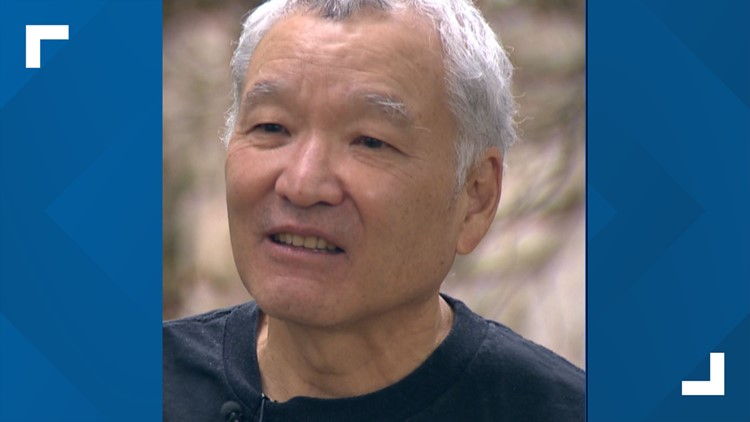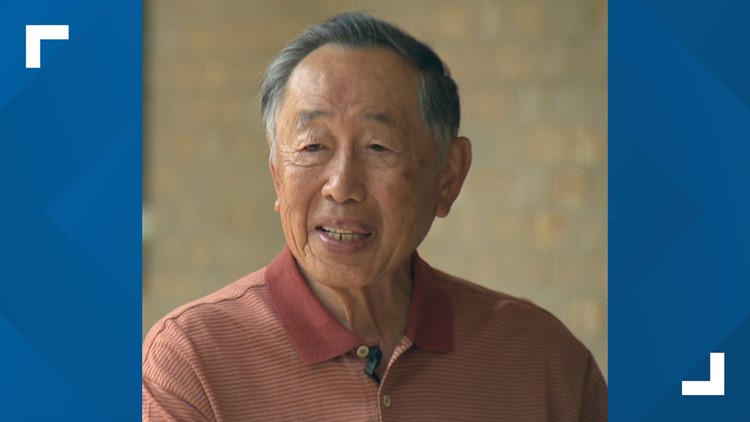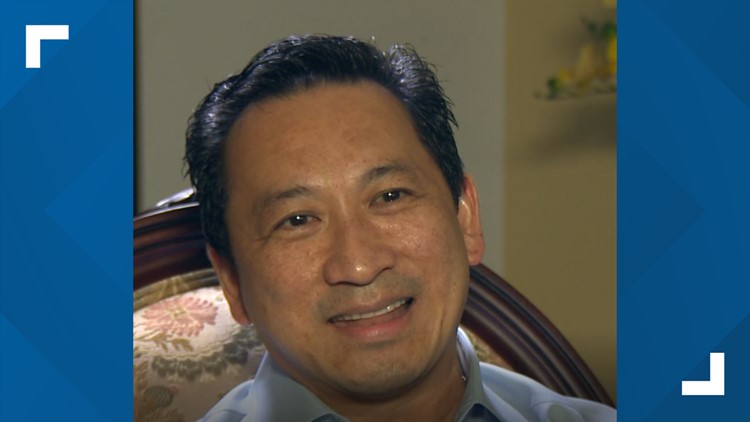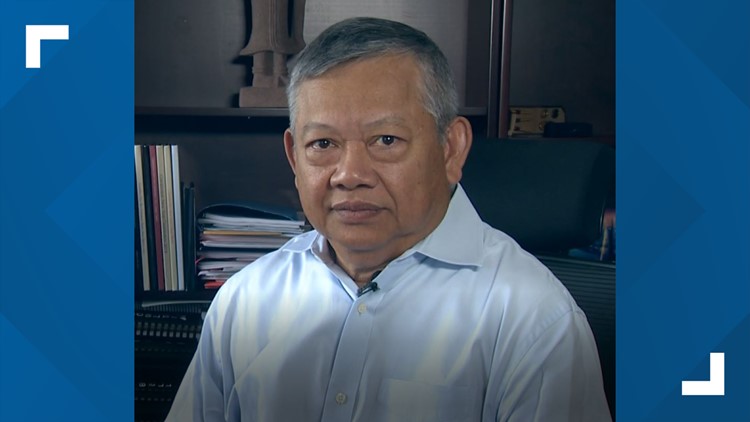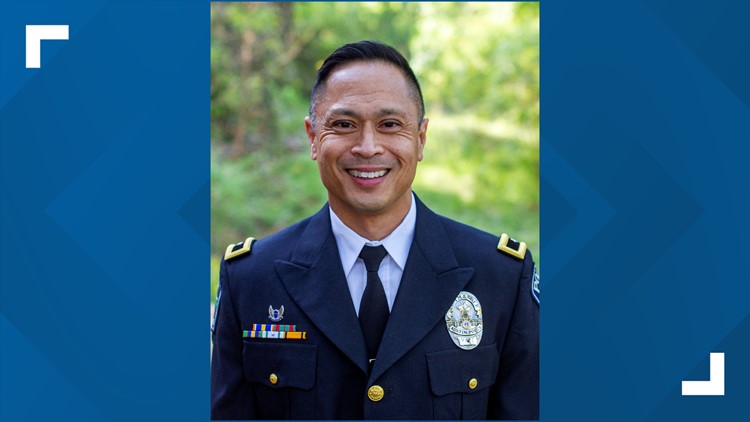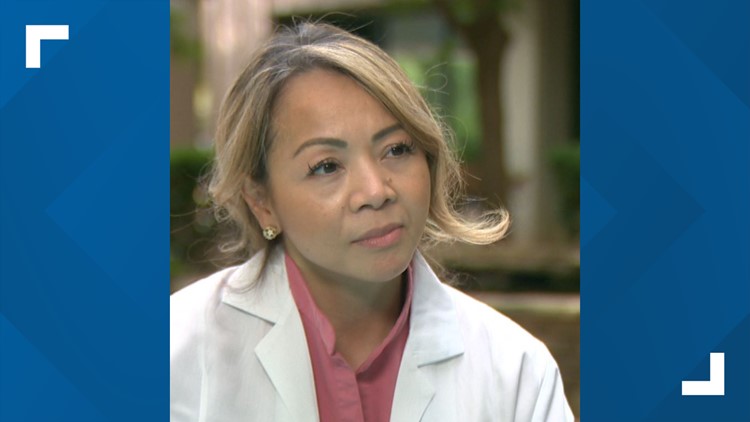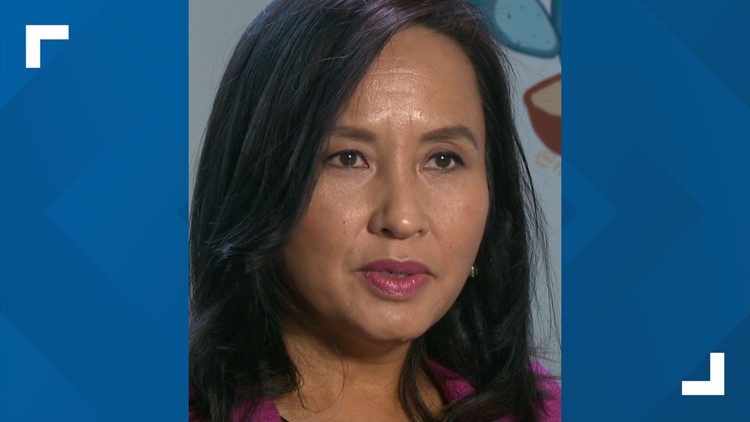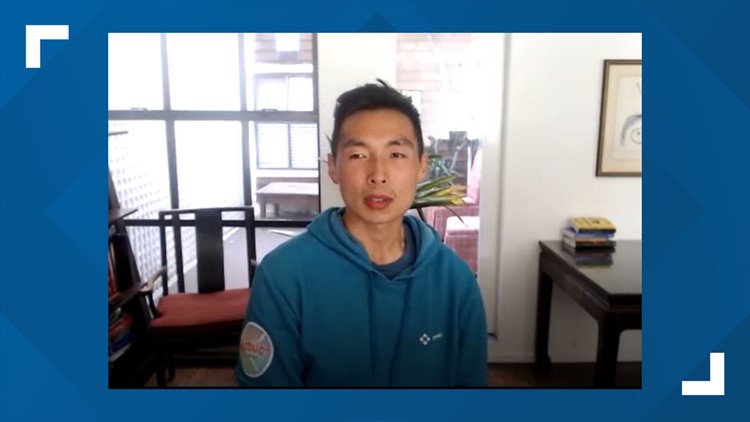Racism against AAPIs in Austin is nothing new. Here's some history
In honor of Asian American Pacific Islander Heritage Month, we look at the history and struggles of early AAPI settlers.
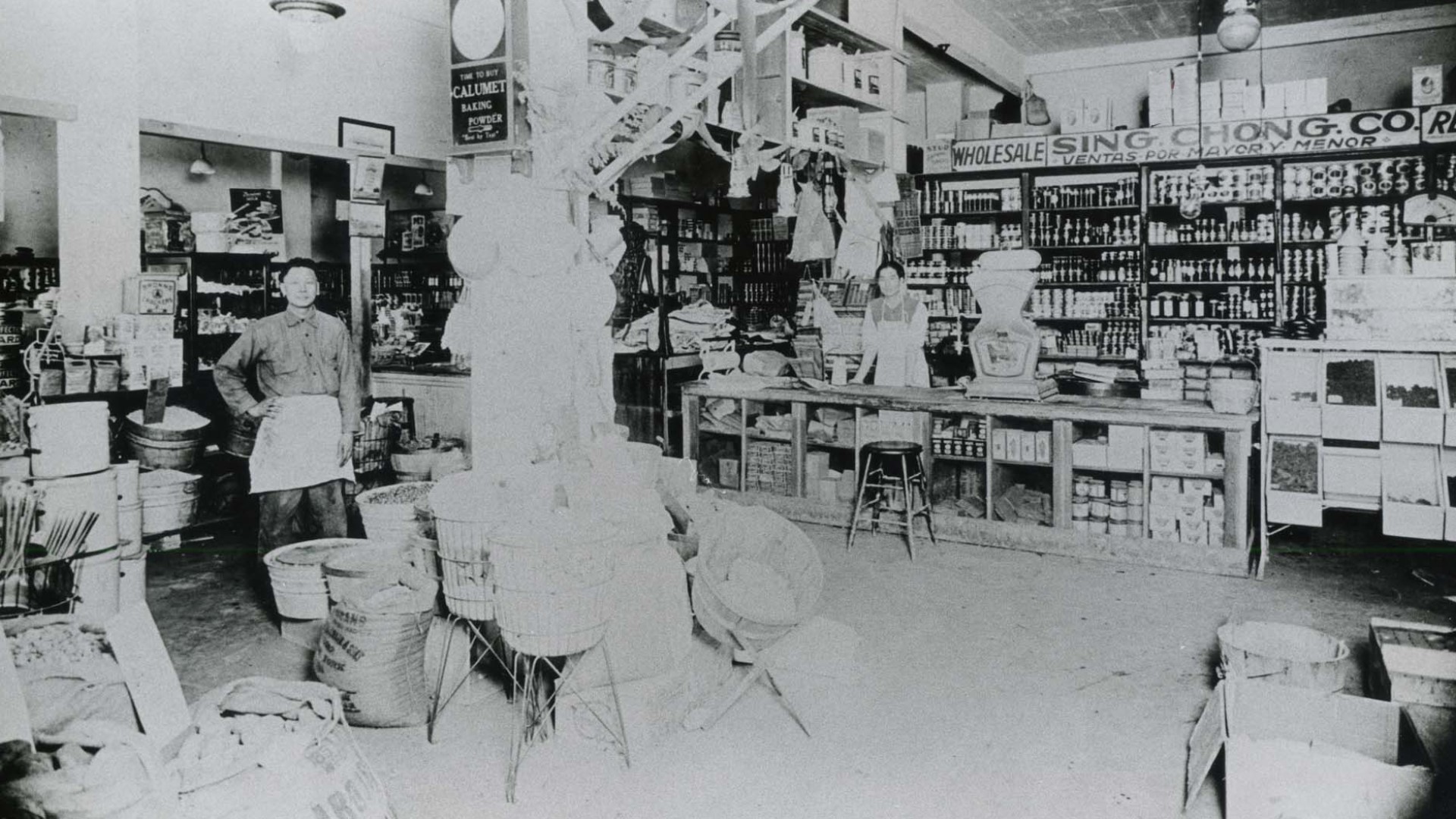
Editor's note: This story is part of a three-part series airing this week. For part two, click here. For part three, click here.
The fastest-growing minority group in the Austin area has seen an uptick in hate crimes and incidents in the past year.
According to a national report, in other parts of the country, that surge is as high as 150%.
Many see the pandemic as the cause, but Asian American and Pacific Islanders, or AAPIs, faced racism decades before that.
Fighting racism since immigration
As AAPIs rally to end hate in Austin and across the country, Ayshea Khan said AAPIs have been fighting racism since they immigrated to the U.S.
"She actually lost her U.S. citizenship because she married an Asian man," Khan said.
Khan is the Asian American Community Archivist at the Austin History Center. She pointed to Frances Moreno Sing, a Mexican American woman who, after marrying Joe Sing, a Chinese man, lost her U.S. citizenship.
The Expatriation Act mandated that any American woman who married a foreigner take her husband's nationality.
One of Frances Sing's four children, Margaret, eventually grew up and became the first in her family to buy a home. Today, on Willow Street in East Austin, there's a state historical marker in front, designating it as the first Asian American home in Austin.
AAPI immigrants, specifically the Chinese, started arriving in the U.S. in the 1850s, escaping economic chaos and famine in China. Many heard about California's Gold Rush and got jobs in mining. When the Gold Rush ended, they found work in farming, factories and the garment industry.
Then, in the 1860s, Central Pacific started hiring Chinese workers to build the transcontinental railroad, but only after they couldn't find enough white workers. Chinese laborers were paid less and had to find their own accommodations while the railroad company provided food and shelter for the white workers.
The Chinese Exclusion Act
As the number of Chinese immigrants grew, so did anti-Chinese sentiment.
In 1882, the federal government took action and passed the Chinese Exclusion Act, prohibiting the immigration of Chinese workers. It's the first law in the nation's history that barred immigration solely based on race.
Eric Tang is the director of Asian American Studies at the University of Texas.
"The purpose of the Chinese Exclusion law was to ensure that the citizenry of the West Coast – and by extension the rest of the country – was primarily, if not exclusively, white," said Tang.
But Austinite Mitchel Wong's family arrived in the country another way.
"He was initially in Mexico," said Wong.
His grandfather, Dun Wong, migrated from China to Mexico.
There, he became one of 527 men who cooked and cleaned for General John Pershing's army, known as the "Pershing Chinese."
"And in 1917, Army General John Pershing leads an expedition into northern Mexico in hopes to capture Mexican revolutionary Francisco Pancho Villa," Khan said.
But after 11 months, General Pershing was unsuccessful and ordered home. Pershing, however, did get the group of immigrants asylum in the U.S. despite the Chinese Exclusion Act.
That's how Mitchel Wong's grandfather settled in San Antonio before trying to open a grocery store in Corpus Christi.
"I would say, the decision-makers in Corpus Christi, and they told him that he should consider not moving to Corpus Christi. So they instead came to Austin," Mitchel Wong said.
Settling in Austin
In 1938, Mitchel Wong's parents, Fred and Rose Wong, moved to Austin. They opened one of several grocery stores, New China Market, on Red River Street.
Mitchel Wong was born the following year. Growing up, he said he didn't see other AAPIs. He said he did experience discrimination.
"... the kids would call me names because I looked a little different. And I'd go tell my mama," recalled Mitchel Wong.
But he remembered Austin as tolerant.
"Austin's motto in those days was Austin was the friendly city," Mitchel Wong said.
But there was nothing friendly about how the U.S. government treated Isamu Taniguchi, whose family also ended up in Austin.
In 1941, Japan's surprise attack on Pearl Harbor thrust the country into World War II.
Around 120,000 Japanese, many born on U.S. soil, were forced into internment camps. That included Austinite Evan Taniguchi's family.
First, they took his grandfather, Isamu, and imprisoned him in California.
"They gave Grandpa like three hours to get all his stuff together," said Evan Taniguchi.
Then, other family members. Eventually, they moved to another internment camp in Crystal City, about 95 miles south of San Antonio.
After three-and-a-half years, they were released and moved to the Rio Grande Valley. There, Evan's father, Alan, gained attention for his work.
"He was really one of the hot architects in South Texas. He won a lot of awards. The University of Texas heard about him, his reputation, and they said he'd be perfect," Evan Taniguchi said.
That's how the Taniguchis ended up in Austin.
Growing up, Evan Taniguchi said the racism he faced went beyond words.
"And eight guys jumped up, beat me up," Evan Taniguchi remembered.
This is why the uptick of hate incidents he's seeing now bothers him so much.
"It just makes me feel sick because, you know, how much we've struggled," Evan Taniguchi said.
PHOTOS: AAPIs talk history, racism, Austin influence
Hate incidents increasing
A national report by Stop AAPI Hate shows nearly 4,000 hate incidents across the U.S. from March of 2020 to February of 2021. Texas has the fourth-highest number of hate incidents with 103.
Manju Kulkari said she saw the need to help form Stop AAPI Hate last March and to start tracking these occurrences.
"... and within a few weeks we got several hundred incident reports from across the country," Kulkari said.
In Austin, hate incidents against AAPIs are also up.
"Instances of verbal harassment. We know that there is at least one temple that was vandalized. We know that business owners have received death threats," said Rocio Villalobos with the City of Austin Equity Office.
The City is working with AAPI community members on ways to track and tackle the hate incidents. Plus, there's a local and national movement made up of AAPIs trying to stop the hate.
PEOPLE ARE ALSO READING:




